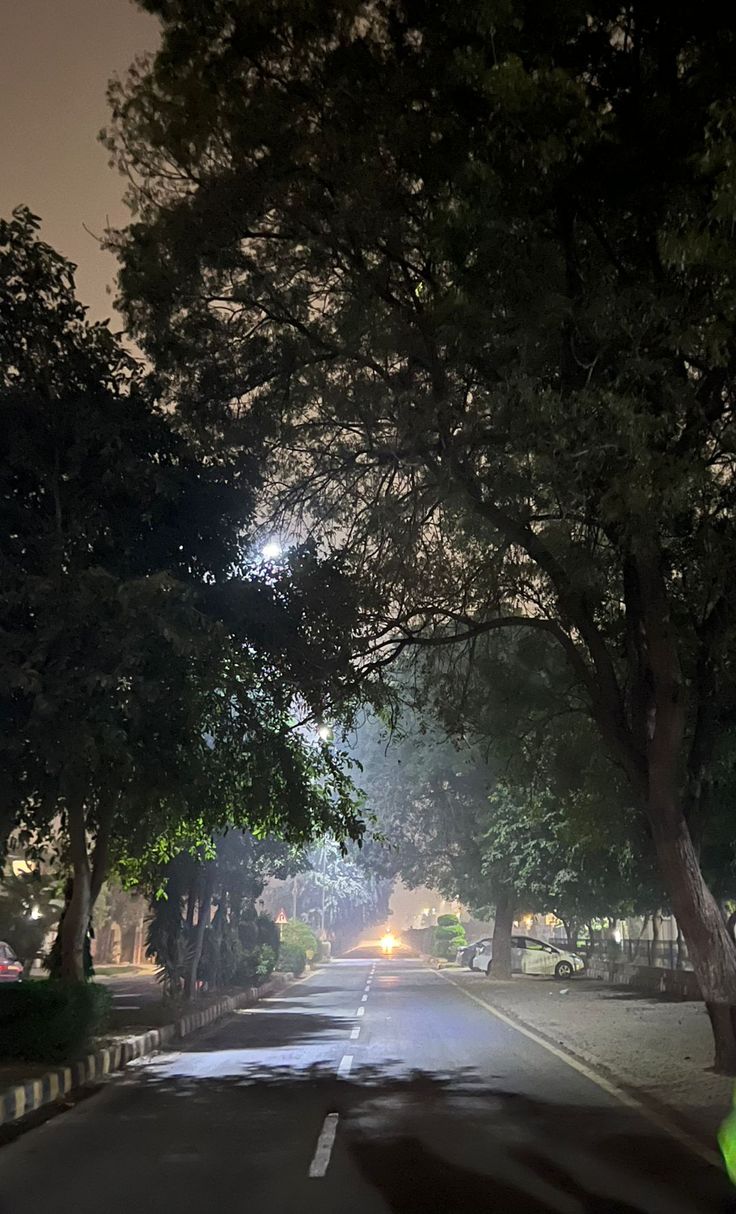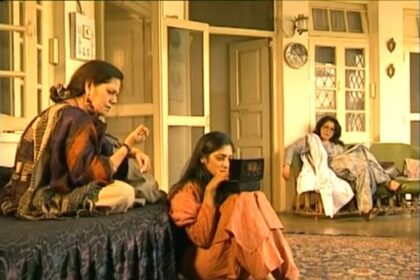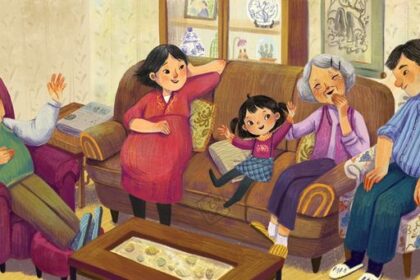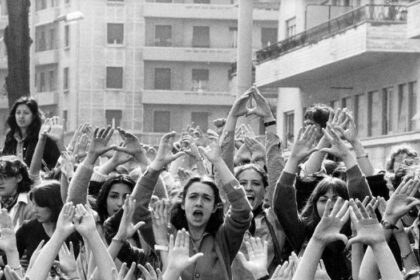A casual stroll down the lane in the bustling markets of Lahore at night reveals one sombre fact: they are all dominated by men—more specifically, upper-middle-class men. These nightscapes serve as spaces for people to recuperate after a hectic day at work and as a way to escape the sweltering daytime heat of summer. Quetta cafes are teeming with men chattering endlessly about everything from politics to society and beyond. Many are seen smoking cheap cigarettes, notwithstanding the deplorable levels of air pollution already present in the city. These gatherings are therapeutic for most—it is a way to escape the monotony of work and duty. They represent the liveliness and vibrant life in the capital of Punjab.
However, the lack of such spaces for women and those from the lower social strata is cause for concern. Public spaces and streets are considered the domain of men in Pakistan. Women are not welcome; they are not facilitated. The basic right to safely walk down the road at night and rejuvenate through khabays that are both affordable and accessible is often denied. The lively streets of Temple Road and Model Town’s Bank Square are usually bereft of diversity in class and gender. Those women who occasionally manage to enter these markets often have to face stares and unwanted attention. It’s almost as if women are invisible in the public spaces of Pakistan.
The issue is compounded by class division: the only women-friendly spaces at night are high-end, snooty cafes that are inaccessible to the majority. The only women who manage to escape the suffocating social barriers are those at the uppermost end of the social spectrum. They can visit fancy coffee shops at MM Alam Road or DHA (Defence Housing Authority) Raya. The other “middle-class”, budget-friendly spaces remain out of reach due to societal constraints. Women are therefore doubly discriminated against: first based on gender and then on class.
When Fahmida Riaz wrote Chadar aur Char Diwari, she must have had this abysmal state of women’s exclusion in mind. While men laugh carelessly and freely across the city at all times, women face seclusion. While men sip hot tea at roadside cafes and spill the proverbial tea, women have few opportunities to vent. Free from societal taboos, men live a life of spontaneity and freedom. Even men from the lower social strata have their modes of recreation. The sound of rain dripping on the streets, the smell of wet mud, and the sweet aroma of tea leaves in cosy corners—these are all things women miss. The chance to sit through the night under an open sky until the sonorous sound of the adhan blesses the ears. These are things that women rarely experience in this otherwise vibrant city.
The psychological impact of not being able to revitalise after a draining day is astounding. A short-tempered and snappish outlook is a natural corollary of such a suffocating environment. Virginia Woolf describes the importance of a separate room in her magnum opus, A Room of One’s Own; this can be extrapolated to understand the need for safe spaces for women that enable them to work on their creative endeavours. While women are often better at sharing emotional baggage and thus undergo catharsis, there must still be more spaces for women to breathe freely.
As darkness engulfs Lahore and the temperature drops, all creatures emerge from their abodes to take respite from the scorching daytime heat. It is unfair for half the population to be excluded from safe and budget-friendly spaces. All major metropolises around the world have walkable pathways and inclusive, gender- and class-friendly spaces. The height of human civilisation cannot be defined by a city that pushes a large chunk of its population to the peripheries. All great cities in history had beautiful public spaces for their people where art and culture thrived.
Lastly, Lahore is a beautiful city. It has all the hallmarks of a world-class capital. Its food is unparalleled—superior even to most major cities. Its population is talented and diverse, most of them young students with dreams. The historical legacy of its walled city is an asset unlike any other. And yet, Lahore suffers. Lahore suffers from mismanagement. Lahore suffers from the exclusion of women from public spaces. Lahore suffers from class discrimination and undue stratification. As George Orwell wrote, “All are equal, but some are more equal than others.”
Men dominate the social spaces. Men dominate the nights—and the days. Women are invisible. They are pushed to the sidelines. They are confined to the home—not by choice, but by compulsion. Women must be provided with safe public spaces for recreation and rejuvenation, regardless of the time of day.
















